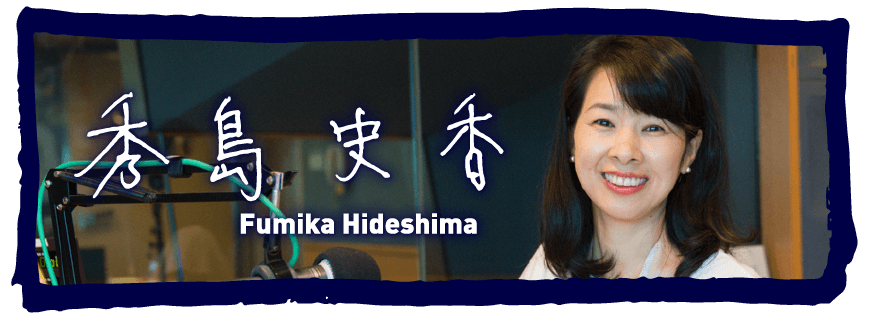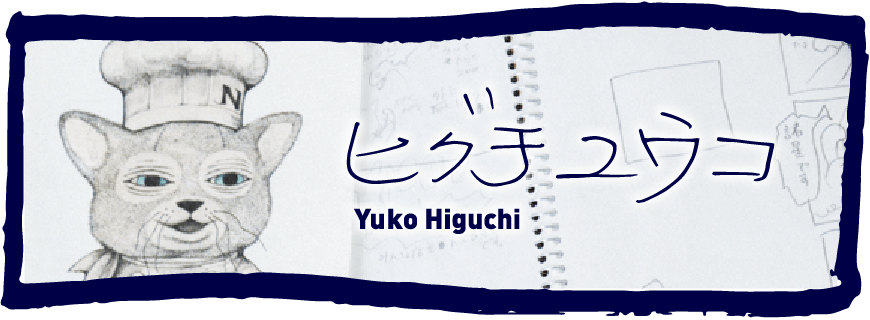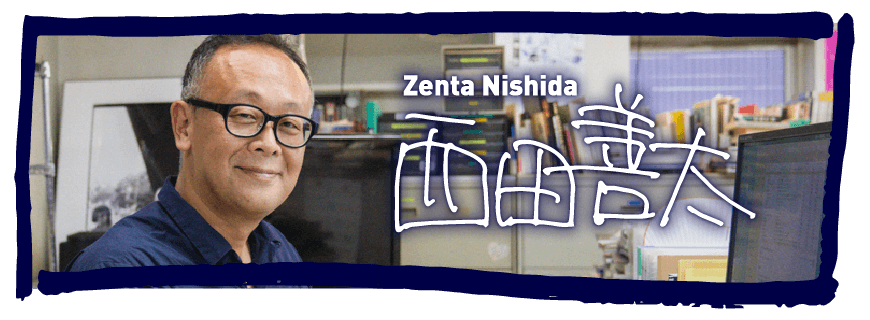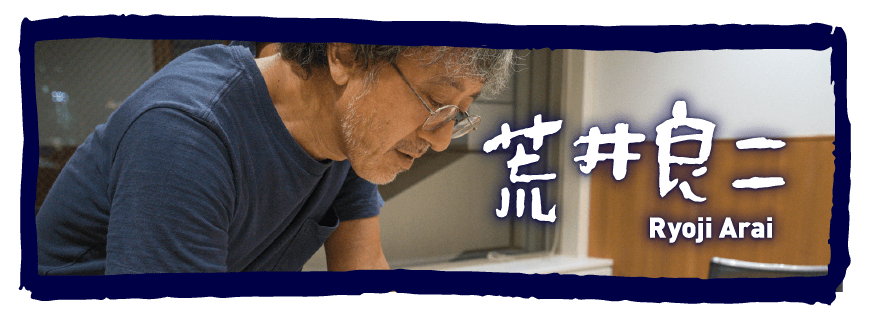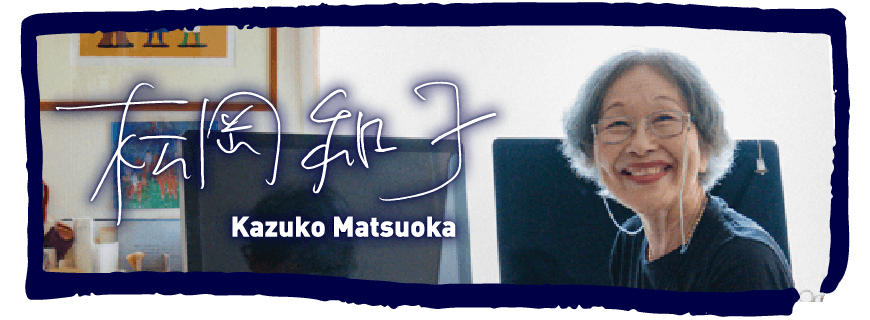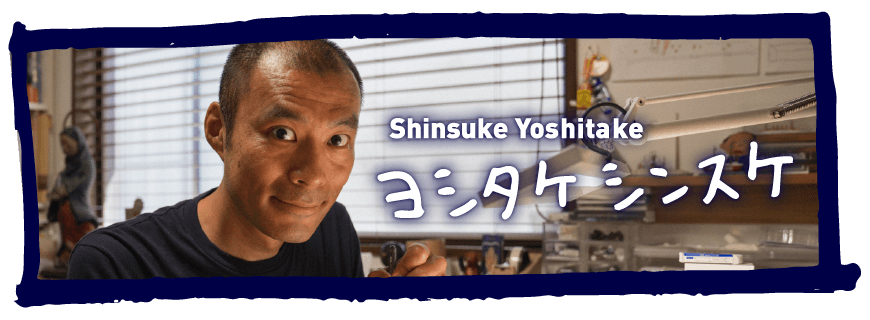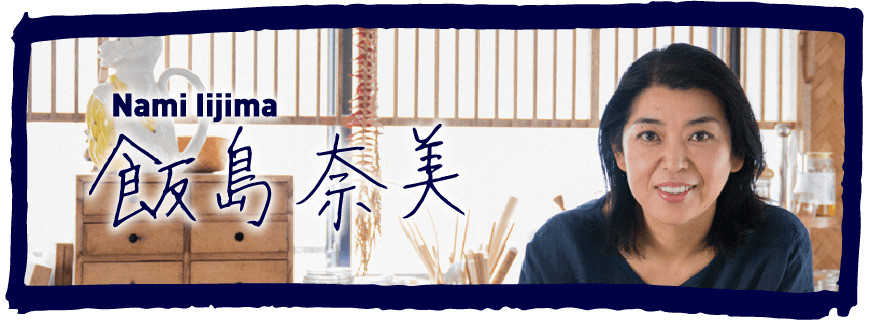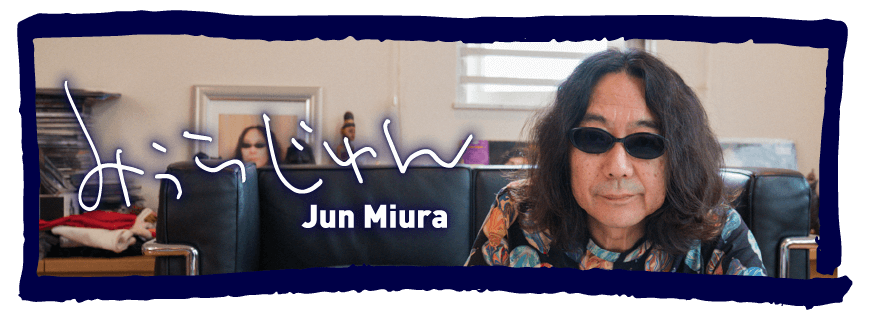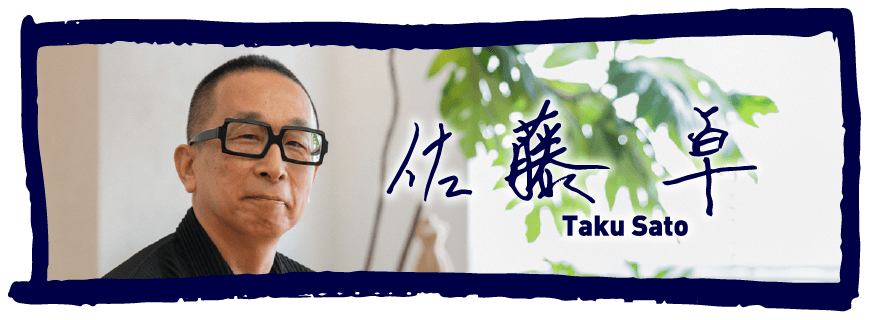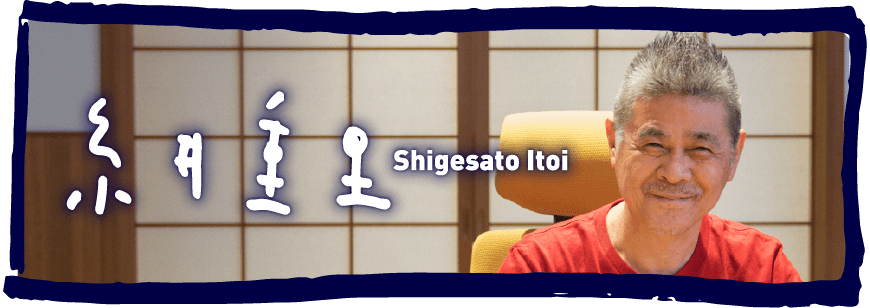What does it mean to write? Writing is a very simple task one can do with only a pen and paper. And yet, the possibilities are endless. This popular series from last year comes back with a new lineup of interviewees. To everyone who is involved in writing on a daily basis, what does it mean to write?
What does it mean to write?

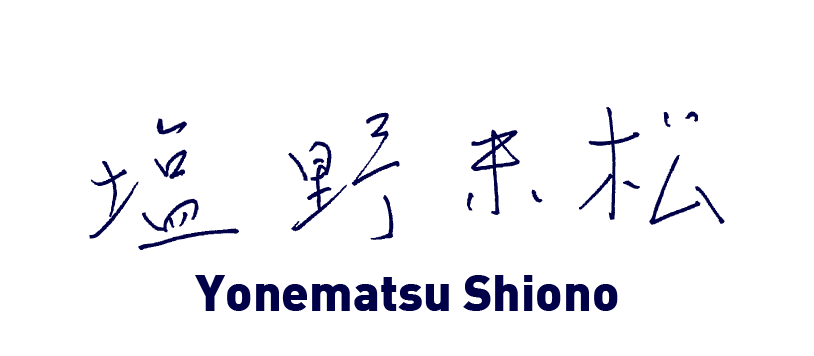
Taking notes and filling notebooks is
an opportunity to enjoy life.
Writer Yonematsu Shiono has been filling up small notebooks for 38 years now. He tells us all the ways he uses them — from taking notes during interviews to taking them along on walks to sketch the plants and bugs he sees along the way. As someone who writes for a living, what kinds of writing does he do in these notebooks on a daily basis? We visited him at his home in Kakunodate Town, and had the opportunity to look at dozens of his notebooks.
ProfileYonematsu Shiono
Born in Kakunodate Town, Akita Prefecture in 1947. Graduated from the Department of Applied Chemistry at the Tokyo University of Science. Writer.
Recently set up a workplace in Kakunodate Town, where he spends half his time, in order to work on his writing. Nominated for the Akutagawa Prize four times. Currently writes novels and conducts interviews with artisans. In addition to best-selling book The Life and Soul of a Tree (Shincho Bunko), he’s written Learn from Doing: Heart / Technique, Fishermen of Japan (Chikuma Bunko), Thoughts of Lost Handicrafts (Chuko Bunko), and other works. Won the Japanese Picture Book Award for Summer Pond (illustrations by Kosei Murakami).
Writings about six Chinese artisans gathered over the course of six years are available to read for free in Japanese on the Hobonichi website. Other articles include The World of Transcription: Yonematsu Shiono and The Life and Soul of a Tree, and What is an interview? Yonematsu Shiono Edition.













